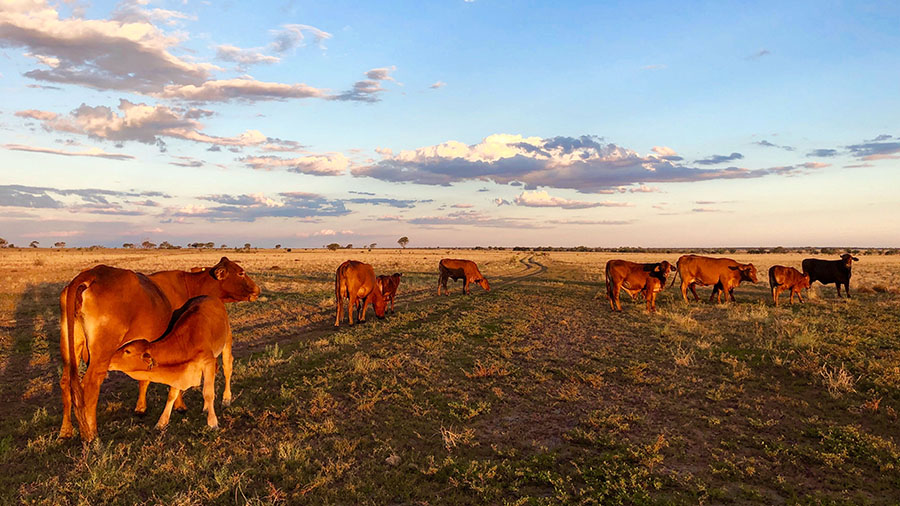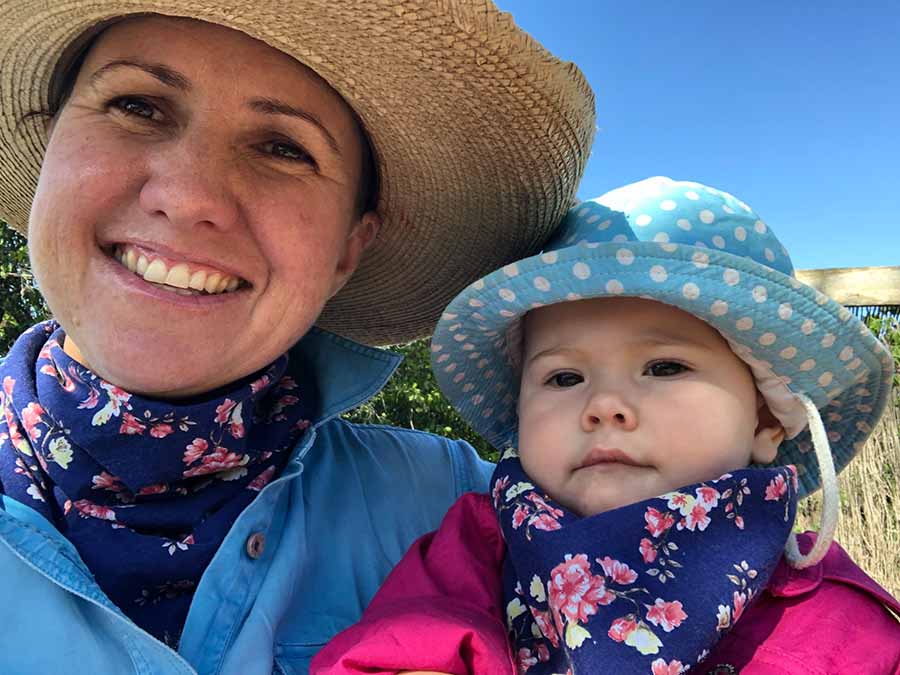Latrobe and Arlington Park have been certified organic for more than 20 years and Dimond Downs is transitioning. They feed cattle loose lick with biochar, have introduced dung beetles and are also trialling biological/microbial fertilisers and stimulants. After two eight-year droughts in the past 20 years, the Browns are enjoying what Jody calls 'a magical 18 months'. The properties, and livestock, are looking great.
Videos spread positive messages
Jody studied film, television and creative writing at university and her skills for storytelling have been invaluable in creating peer-to-peer networks and community building. The videos, including some recently created for Landcare, not only tell stories of drought resilience and improving land conditions, but they have brought the community together at events to view them.
'I love learning about regenerative principles and practices but it all starts with community building.'
'At the crux of it, I love learning about regenerative principles and practices but it all starts with community building,' Jody says. 'There are definitely more people out here than anyone had previously thought of that are looking at or starting with regenerative farming.'
Grass roots group set to grow
The pursuit of collaboration has also led Jody to create the Regenerative Rangelands Facebook group, which focuses on improving land management in semi-arid to arid regions with extensive pastoral zones. 'Regenerative Rangelands is an unofficial grassroots community,' Jody explains, 'and it's gaining growing interest from a lot of different people from inland Australia.'
Jody hopes that the group will soon become an official not-for-profit, and at the time of writing she was planning her first-ever event at Latrobe Station at Longreach. Regenerative Rangelands 2023 will focus on healthy soils, pastures and people with a wide variety of producer-led presentations, discussion panels, question-and-answer sessions and field activities. Most importantly, events like this will give like-minded producers a chance to finally meet and share face to face.
From parched pastures to profitability, from watching TED Talks in isolation to creating her own content and events, Jody's regeneration journey has come a long way. And best of all, her commitment to share the improvements on her family's properties and other positive stories of regenerative farming in extensive pastoral areas is inspiring countless farmers to do the same.



